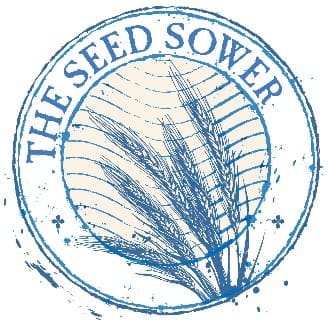By Kirk McCarley,

Do you sometimes find yourself drifting?
One of the companies I work for in the career development/job search arena requires coaches to develop “value propositions” for clients. The purpose is in order that these statements can be crafted into an individual’s resume by our writing team so that the candidate can most effectively be marketed to hiring authorities. The format has a marketing/advertising appeal designed to spark and generate interest in the applicant.
The exercise demands a writing style that is direct, targeted, and bold.
As a writer my natural tendency is observational and often “heart driven.” Given that I began college as a journalism major with a goal of eventually being a sportswriter, there are admittedly still times that I find myself commenting like I was attending a sporting event—more describing a well-executed running play or a set of snappy passes resulting in a slickly successful three point shot, for instance.
Given my predilection, I realized that I had likely drifted off task just a bit. Admitting to the need for some “centering” I asked for some examples of successfully powerful statements and was able to refocus and redo the assignment, this time with a more successful outcome.
So, what are the tools in your toolbox that you pull out in those instances that you realize you’re headed down a rabbit hole?
Like many things for me, I first try to muster up the discipline to step away from the project at hand to gain a broader perspective. Am I on course with where I had originally aimed, do I need to retreat a bit and course correct, or maybe go back to the beginning and start over? I confess to taking the latter approach more often than I would like when writing.
Next, I assess the reasons that the intended target was never going to be achieved in the first place. Distraction is often a culprit. My mind is consumed with other thoughts. A meeting is coming up soon and more preparation is needed. I hear other voices near my office, subconsciously I’m listening in on what’s being said.
Next step, eliminate or minimize the interference. That may mean setting the task down for a more opportune time. Almost always for me it will look better or easier, even an hour or two later. Maybe the interruption needs my attention. Given the high energy that seems to be drawing me towards planning for the upcoming meeting, perhaps that needs my focus. Or, if I hear grandkids might now be a good time to play with them for a while?
Following these steps on any project it seems helpful to start with the end goal in mind. What is it that I’m aiming to achieve? The objective for me is to cause the reader to pause, consider, and think. Although I suppose that there are some elements of “passive persuasion” included, to me a successful outcome is determined by engagements, reflections, and comments.
I’ll also try to recall times when I was most focused. What were the circumstances? What stimulus precipitated the intensity of the emotion? Was it at a time of being relaxed or more impassioned?
The Writing Center at the University of Kansas gives practical advice for all who write by listing five useful strategies that are referred to as “brainstorming techniques.” They include:
- Listing. Generating a lot of information within a short time through broad ideas.
- Clustering. After grouping the ideas, think of other ideas and link them to the earlier ideas.
- Free Writing. Writing for five to ten minutes quickly and non-stop, then highlighting the most prominent ideas.
- Looping. Free write again, except this time identify the key idea.
- Journalists’ Questions. Who, What, Where, When, Why, and How?
Be encouraged by the words of Cristie B. Gardner, “In a self-centered world, be the centered self.” Stay centered, my friends.
A graduate of the University of North Texas, Kirk McCarley is a Certified Professional Coach as well as a Professional in Human Resources (PHR) and SHRM-CP Certified. He also is a Production Assistant for both college football and basketball for ESPN and leads group cycling classes as a Certified Spinning instructor. Contact kirk@theseedsowercoach.com, theseedsowercoach.com, or call 314-677-8779.

























































